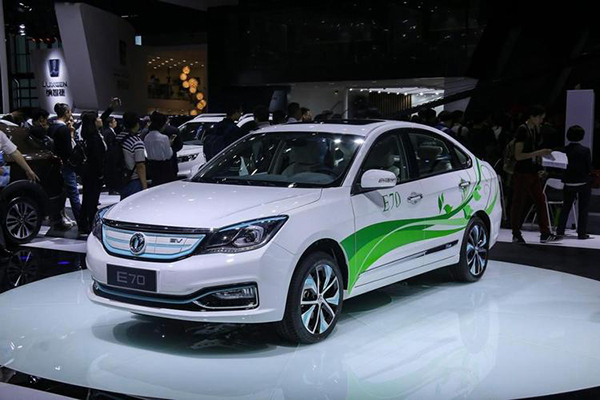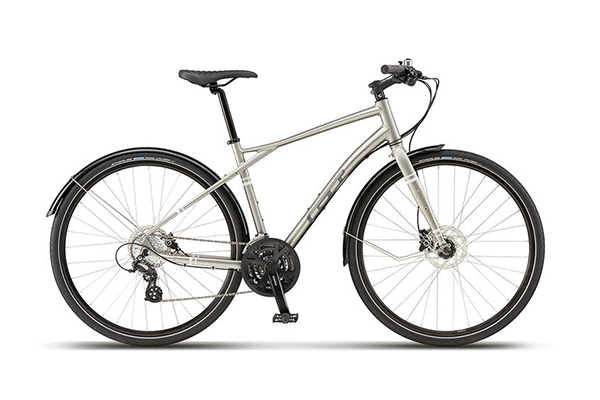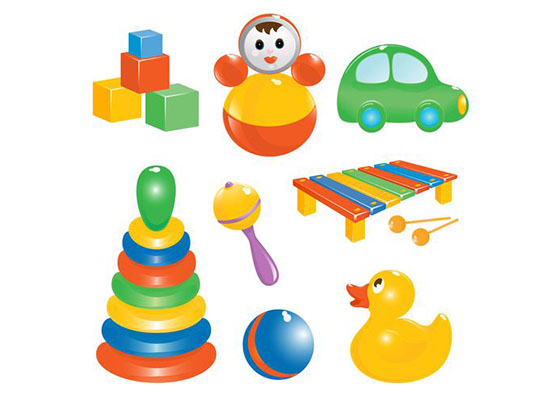Luxury car enthusiasts often find themselves torn between two iconic brands, BMW and Mercedes. These automotive powerhouses have become synonymous with luxury, comfort, and performance. When it comes to evaluating their performance, speed becomes a crucial factor that captures the imagination of driving enthusiasts worldwide. In this blog post, we delve into the realm of speed, comparing BMW and Mercedes to determine which brand reigns supreme on the asphalt.
Performance Metrics:
To truly understand and compare the speed capabilities of BMW and Mercedes models, it’s essential to consider key performance metrics. These metrics serve as benchmarks for measuring speed and include acceleration (0-60 mph), top speed, and lap times on popular race tracks. By examining these factors, we can gain insights into each brand’s commitment to delivering exhilarating driving experiences.
BMW’s Speed Performance:
BMW has long established itself as a brand that embraces speed and performance. Known for its sporty heritage, BMW offers a range of models that embody the thrill of speed. The M series, in particular, has garnered significant recognition for its exceptional performance capabilities. Models such as the BMW M3 and M5 are renowned for their blistering acceleration and impressive top speeds, often leaving other vehicles in their rearview mirrors. BMW’s commitment to speed is further exemplified by its remarkable achievements in racing events and record-breaking feats on various tracks.
Mercedes’ Speed Performance:
Mercedes, too, has etched its name in the annals of automotive history when it comes to speed and performance. While Mercedes has cultivated a reputation for luxurious comfort, it has not neglected the pursuit of speed. Models like the Mercedes-AMG GT and the Mercedes-AMG C63 have captivated drivers with their breathtaking acceleration and formidable top speeds. Mercedes has consistently showcased its prowess in motorsports, with its Formula 1 team and AMG performance division making headlines worldwide. These achievements highlight Mercedes’ dedication to pushing the boundaries of speed and performance.
Head-to-Head Comparison:
Now, let’s dive into a head-to-head comparison of the speed capabilities offered by BMW and Mercedes models. While both brands excel in delivering thrilling performance, certain models stand out. For instance, the BMW M5 and the Mercedes-AMG E63 S are often pitted against each other due to their similar power outputs and comparable speed metrics. It is important to note that each brand’s performance can vary across models and configurations, so it is crucial to consider specific models when comparing speed.
To gauge the speed capabilities of BMW and Mercedes models, we can turn to performance tests and reviews conducted by reputable sources. These tests provide valuable insights into the acceleration, top speed, and lap times achieved by various models. They enable us to compare the speed performances of specific BMW and Mercedes models and understand how they fare against each other in real-world scenarios.
Factors Influencing Speed:
While the brand plays a significant role in determining a car’s speed, it’s crucial to recognize that speed is influenced by various factors beyond the manufacturer’s name. Weight and aerodynamics impact a car’s ability to accelerate and reach higher speeds, while engine power and torque contribute to overall performance. Transmission and drivetrain systems also play vital roles in transferring power to the wheels effectively. It’s important to consider these factors when evaluating speed performances of individual models.
FAQs:
Q1: Which brand, BMW or Mercedes, is generally considered faster?
A: Both BMW and Mercedes offer high-performance models that can deliver impressive speed. The speed capabilities vary across specific models and configurations within each brand. It’s important to evaluate the performance metrics of individual models to determine which brand excels in terms of speed for a particular comparison.
Q2: Are BMW M models faster than Mercedes-AMG models?
A: BMW M models and Mercedes-AMG models are renowned for their exceptional performance. The speed comparisons between the two depend on specific models and their respective specifications. While both brands have offerings that can deliver exhilarating speed, it’s recommended to review performance tests and comparisons of specific models to determine the faster option in a head-to-head matchup.
Q3: How do acceleration times affect the perception of speed?
A: Acceleration times, typically measured from 0 to 60 mph, provide an indication of how quickly a car can reach a specific speed. Faster acceleration times often contribute to the perception of speed, as a car that can swiftly accelerate from a standstill is likely to provide a thrilling experience. However, it’s important to consider that speed is not solely dependent on acceleration and that other factors, such as top speed and handling, also contribute to the overall experience.
Q4: Are lap times on race tracks a reliable measure of speed?
A: Lap times on race tracks can be considered a reliable measure of speed to some extent. They provide insights into a car’s performance capabilities in a controlled environment, showcasing its ability to navigate turns, maintain speed on straights, and handle various track conditions. However, it’s important to note that lap times alone do not necessarily reflect real-world driving experiences or the overall speed performance of a car in different scenarios.
Q5: How do factors like weight and aerodynamics impact speed?
A: Factors like weight and aerodynamics have a significant impact on a car’s speed. A lighter car tends to accelerate faster and may have a higher top speed. Aerodynamic design plays a crucial role in reducing drag, allowing the car to cut through the air more efficiently and potentially achieve higher speeds. Optimized weight distribution and aerodynamics are factors that manufacturers consider when designing high-performance vehicles to enhance their speed capabilities.
Q6: Can modifications enhance the speed of BMW and Mercedes models?
A: Yes, modifications can potentially enhance the speed of BMW and Mercedes models. However, it’s important to approach modifications carefully, ensuring they are done by reputable and knowledgeable professionals. Modifications may include engine tuning, aerodynamic enhancements, suspension upgrades, and more. It’s crucial to understand that modifying a car can impact its warranty and may require expertise to maintain the optimal balance between speed and overall performance.
Conclusion:
Both brands have consistently impressed enthusiasts with their performance-oriented offerings. While BMW has cemented its reputation for sportiness and speed, Mercedes has demonstrated that it is equally capable of delivering exhilarating driving experiences. Ultimately, the choice between BMW and Mercedes comes down to personal preferences, as both brands offer an extensive range of models that cater to different driving styles and requirements.





